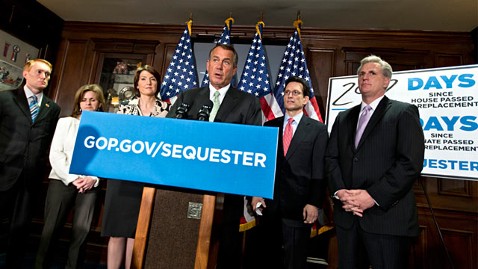BAMAKO: Algeria was seeking Saturday to confirm the reported killing of Al-Qaeda's top commander in northern Mali, where French and African troops attempted to flush out Islamist fighters from desert and mountain hideouts.
Chad's president announced on Friday that his troops had killed Abou Zeid days earlier, in what would be one of the worst blows to Al-Qaeda in the Islamic Maghreb in the seven-week-old French-led intervention.
Idriss Deby Itno claimed the AQIM commander in Mali was killed during a major battle that also left 26 Chadian soldiers dead on February 22. "Our soldiers killed two jihadist chiefs including Abou Zeid," he said.
Adding to the confusion over the jihadist supremo's fate, Mauritania's private news agency Sahara Medias on Saturday confirmed that Abou Zeid had been killed but had a different story.
It said Abou Zeid was killed "four days ago" in a French air strike during a clash between a jihadist unit he was leading and the group of Chadian soldiers that had suffered the 26 losses days earlier.
Sahara Medias said the strike occurred in the mountainous region of Tigharghar near the border with Algeria and added without naming them that "extremely well informed sources" had confirmed Abou Zeid's death.
However the Islamist organisation itself has not yet confirmed the jihadist leader's death and officials in his native Algeria were carrying out DNA tests in an effort to confirm the demise of one of Africa's most wanted men.
Analysts have suggested Abou Zeid's death could spell AQIM's doom with other jihadist groups now thriving in the region but while Washington described the report as "very credible" France has so far treated it with caution.
Algeria's El Khabar newspaper said Saturday that Algerian security services, who were the first to report Abou Zeid's death, had examined a body believed to be his.
"Algerian officers have examined a body said to be that of Abou Zeid in a military site in northern Mali and identified his personal weapon... but were unable to formally identify" the body as his, it said.
"Confirmation of Abou Zeid's death remains linked to the results of DNA tests done on Thursday by Algeria on two members of his family," said El Khabar.
Mauritanian expert Mohamed Mahmoud Ould Aboulmaali pointed out that Algeria had announced his death several times in the past and that Chad needed morale boosting news after suffering such heavy losses.
Matthieu Guidere, a French university professor and Al-Qaeda specialist, also voiced caution in the absence of any confirmation of Abou Zeid's death on jihadist forums.
"Experience shows that jihadists never try to hide their dead and immediately broadcast their martyrdom," he said.
Guidere explained that announcing the death of a wanted jihadist was a tactic that had been used in the past to force the operative to deny his death and reveal his location.
Abou Zeid, 46, whose real name is Mohamed Ghedir, was often seen in the cities of Timbuktu and Gao after the Islamists took control of northern Mali last year and sparked fears the region could become a haven for extremists.
An Algerian born near the border with Libya, Abou Zeid was a former smuggler who embraced radical Islam in the 1990s and became one of AQIM's key leaders.
He was suspected of being behind a series of kidnappings in the Sahel region, including of British national Edwin Dyer, who was abducted in Niger and killed in 2009, and of 78-year-old French aid worker Michel Germaneau, who was killed in 2010.
Abou Zeid was believed to be holding a number of Western hostages, including four French citizens kidnapped in Niger in 2010.
Guidere said Abou Zeid had adopted such a hard line since reaching the top of AQIM's operational command that many of his lieutenants left the group to join other organisations or launch their own.
One of the main splinters is the Movement for Oneness and Jihad in West Africa (MUJAO), which first emerged last year and was battling African forces near the main northern city of Gao as recently as Friday.
"We waged a tough battle against Malian troops and their French accomplices around 60 kilometres east of Gao on Friday," MUJAO spokesman Abou Walid Sahraoui told AFP.
"We'll see later about the death toll," he said.
A Malian soldier who claimed he took part in the fighting said the operation had left a MUJAO base destroyed and "many dead" among the Islamists.
- AFP/jc










